UK retailers expect quieter Boxing Day as cost-of living-crisis deepens: Report
UK Retailers are expecting a quieter Boxing Day this year due to the worsening cost-of-living crisis and soaring prices that weigh on shoppers’ budgets, a leading data analytics company has reported.
According to research by GlobalData for Vouchercodes, spending is expected to hit almost £3.8bn on Monday, 4 percent lower than last year, when the restrictions of the coronavirus pandemic were in place.
That revenue figure indicates a big reduction in the volume of items bought, as the inflation rate is running at more than 10 percent, forcing shoppers to spend more per purchase.
The biggest reductions are expected in clothing, furniture, and household appliances as retailers are waiting for fewer shoppers in the grip of a cost-of-living crisis.
According to GobalData’s report, another blow to the shopping rate reduction is that multiple major chains, such as Iceland or John Lewis, are closed on Boxing Day, rewarding staff with a day of rest.
“As we move into the winter months the cost of living burden will unfortunately only intensify, and as we work relentlessly to pass on savings and support to our customers, we must also look after our teams who are at the forefront of this crisis every day across the UK,” said Richard Walker, the managing director of Iceland Foods.
According to retail experts, the worsening financial situation in the UK is changing the nature of Boxing Day, with the public getting out to socialize, rather than simply queuing for bargains.
According to YouGov research for PriceRunner UK, only one in four people will be shopping on Boxing Day.
The retailers, on the other side of the ledger, will be suffering from financial loss, as an intense recession is looming for the next year.
According to Richard Lim, an analyst at Retail Economics, “retailers are going to be desperate to convert stock into cash and shore up balance sheets as we go into a difficult situation with a recession in 2023.”
In the meantime, the UK’s economic crisis has prompted various groups in society to take industrial action, going on strike for higher wages to cover the soaring rate of inflation and to cope with the hardships.
Thousands of warm banks have opened their doors across the UK this winter, as household budgets are squeezed even further by spiking energy bills, leaving many scrambling to pay for basic necessities.
US-Israel digital wallet scheme risks placing aid under Israeli control in Gaza: Euro-Med
VIDEO | US support for Israel’s expansionist agenda
Palestinians granted only 66 building permits in West Bank over 11 years: Report
Somaliland ready to give US access to its minerals, military bases: Minister
VIDEO | Iran's game changing retaliation boxes- part 1
VIDEO | Iran's game changing retaliation boxes- Part 2
VIDEO | Palestinian widow raises three kids in Gaza as her husband killed by Israel
Palestinian teen killed as raids and settler violence intensify across West Bank


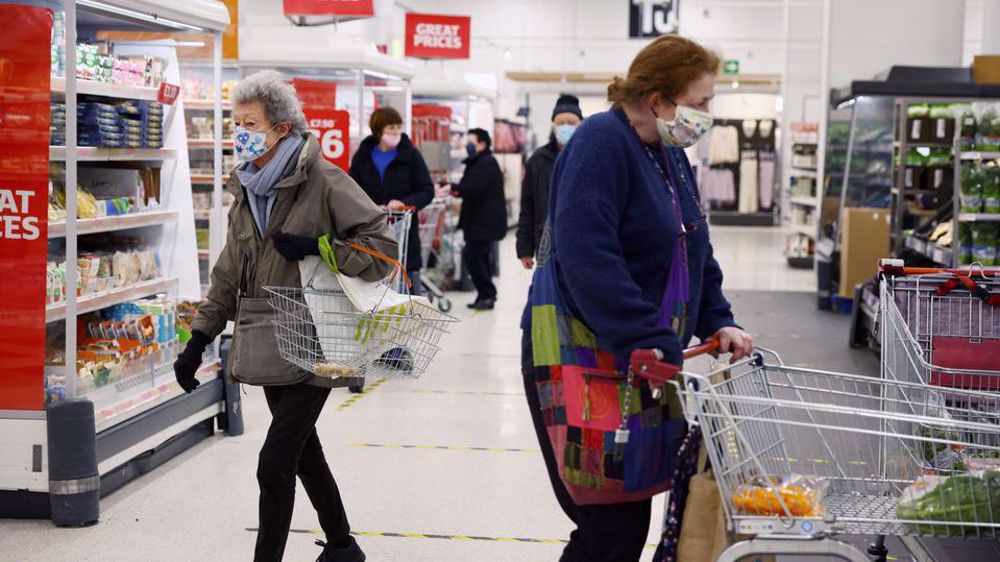
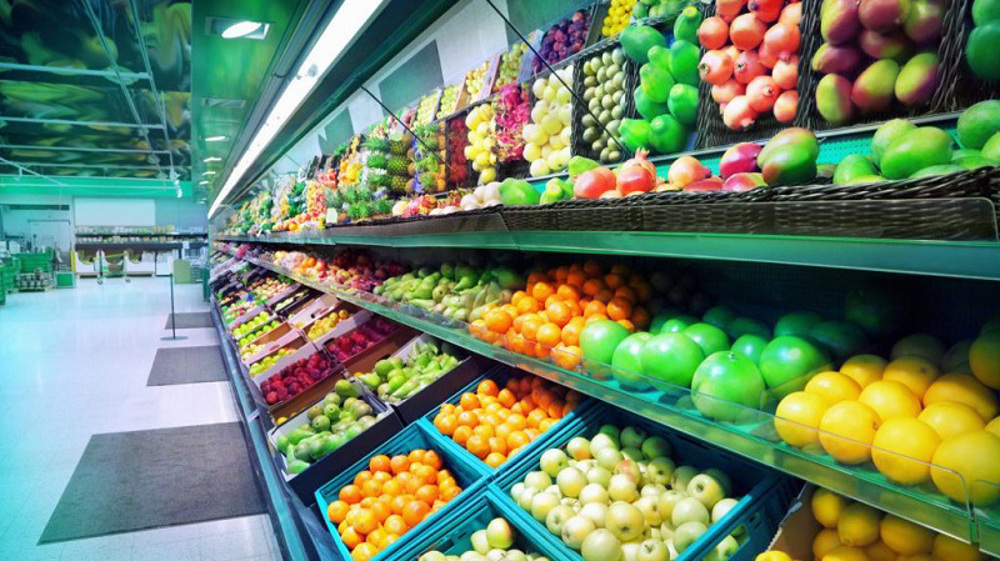
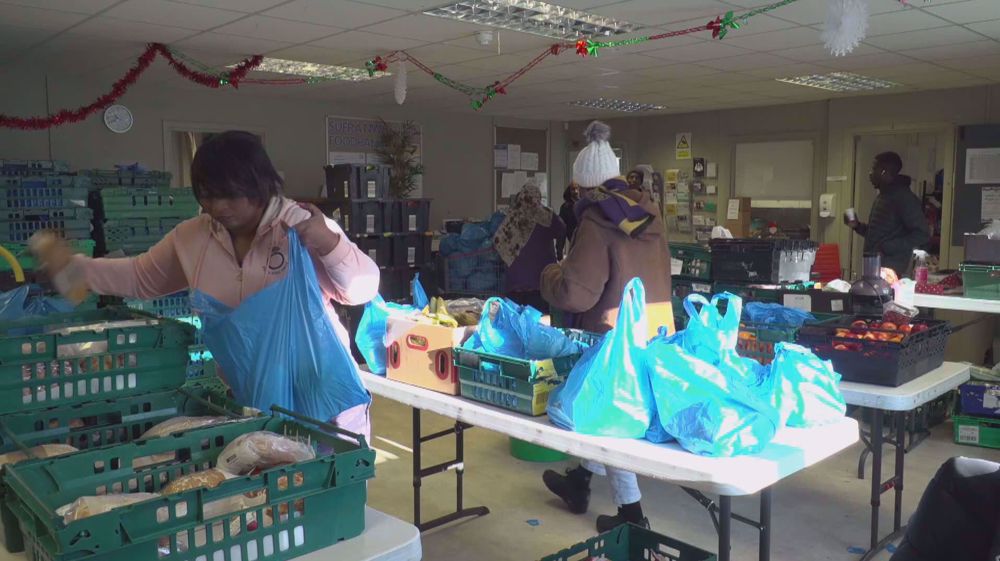
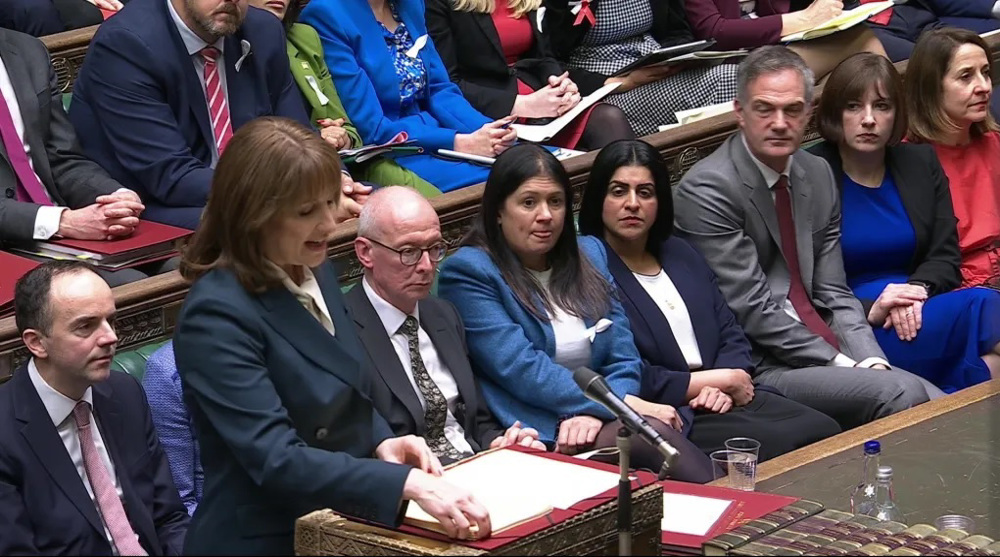





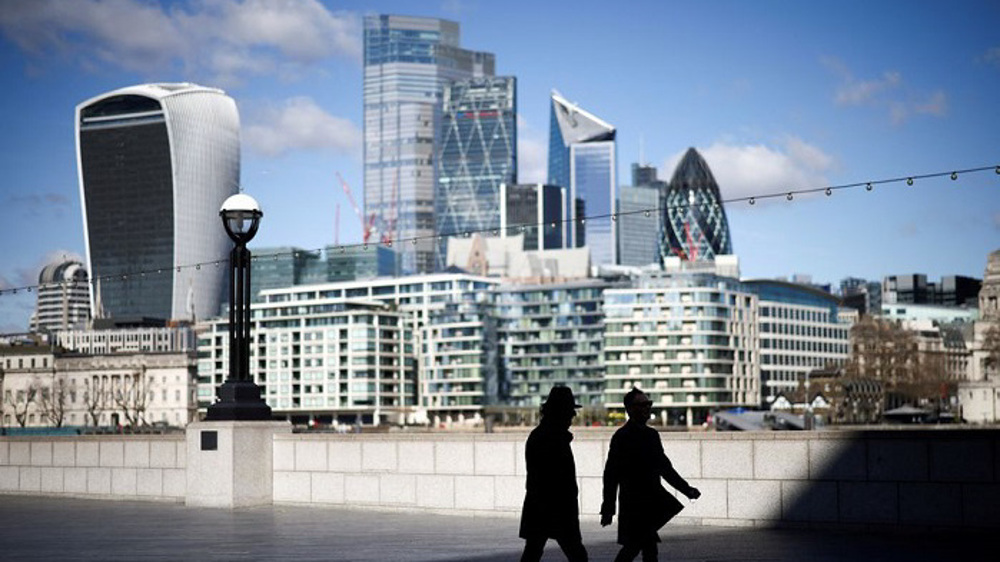

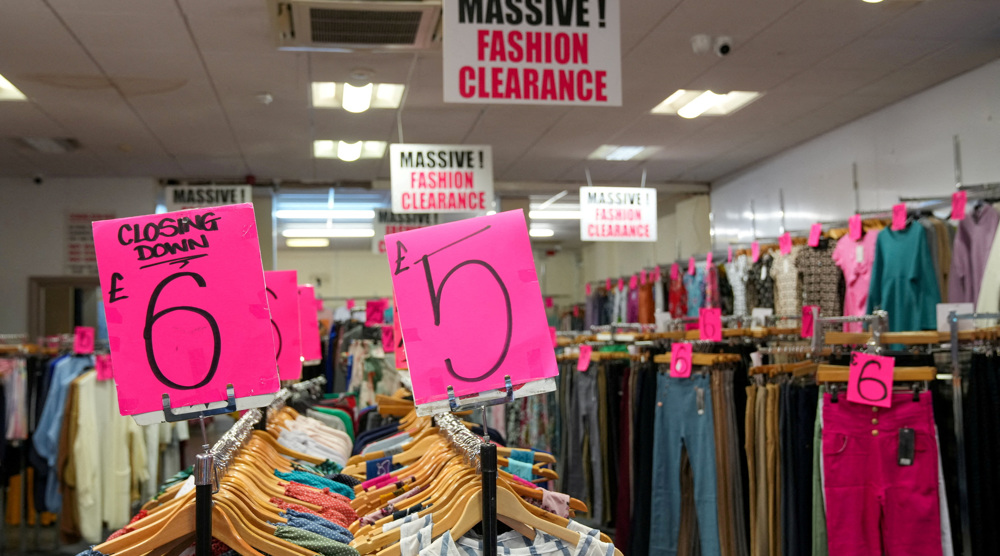

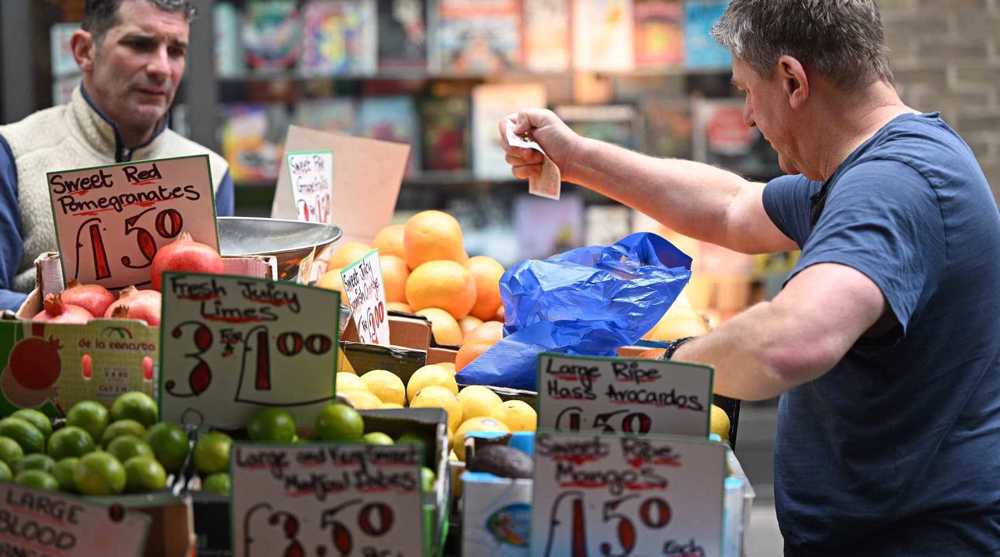
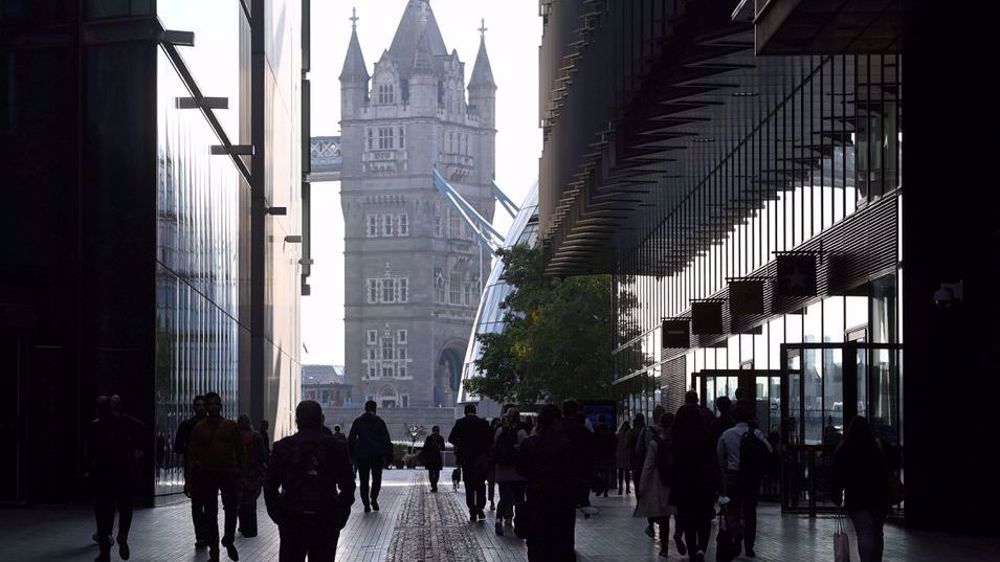
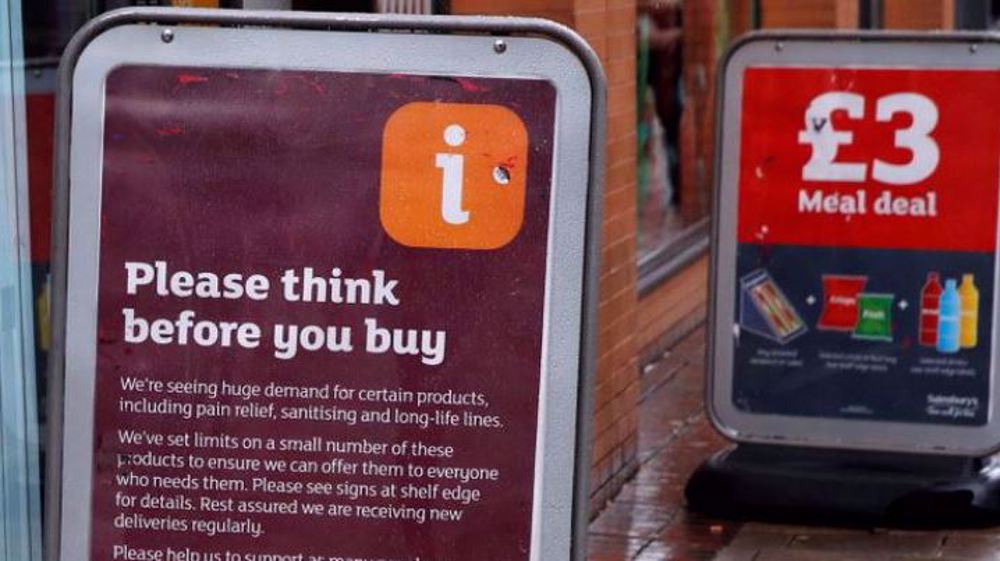
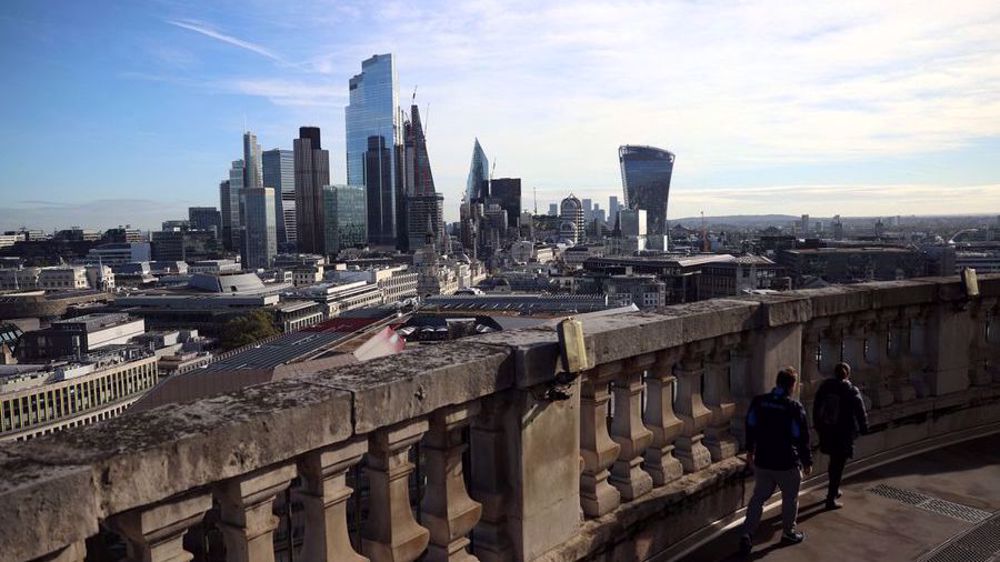

 This makes it easy to access the Press TV website
This makes it easy to access the Press TV website